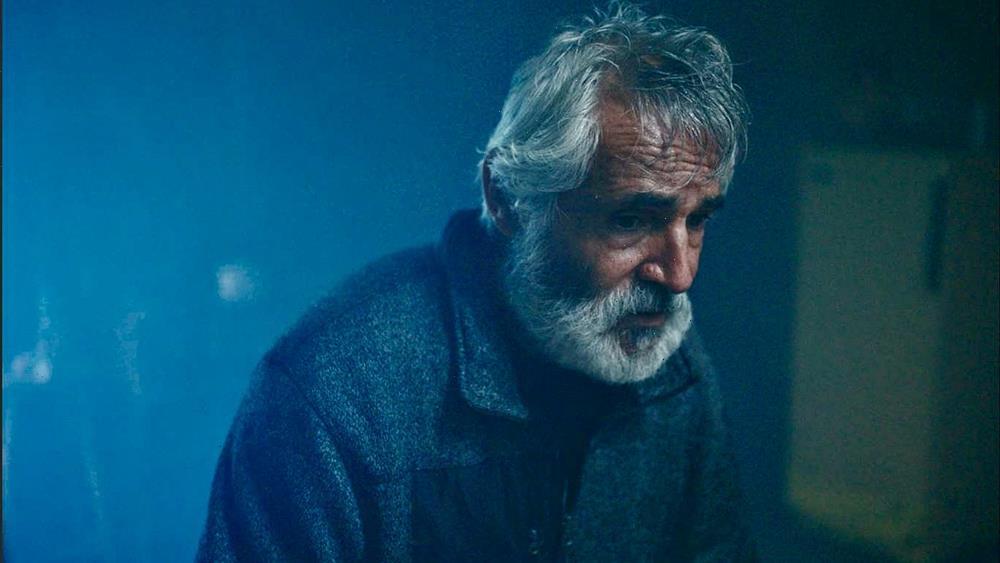Launched in 2015, IFF Panama’s rough-cut sidebar Primera Mirada has proved a vital launch pad for Central American and Caribbean films in post, providing that all-important impetus towards their final completion.
A jury led by Diana Sánchez, Marcelo Quesada and Paula Gastaud along with head curators, festival director Pituka Ortega Heilbron and IFF Panama industry head Karla Quintero, selected five projects out of 13 applications this year.
Reflecting on the criteria they used to choose the finalists, Ortega Heilbron said: “Aside from quality, we seek new voices that will represent our region. Central America is influenced by U.S. and European cultures so these mélange of cultures makes for a unique identity; we’re looking for projects that speak to our identity as Central American and Caribbean.”
“Our region’s cinema is often overlooked, but it has so much vibrance and power; even with the pandemic, our filmmakers were generating new cinema, which is important to our survival,” she added.

Backed by the Inter-American Development Bank, Primera Mirada marks its seventh edition this year. The new crop of Primera Mirada finalists vying for the top $10,000 cash prize features three projects by women filmmakers, testament to a growing trend in the region. While there were fewer applications given the truncated application period of just 15 days, Quintero noted that the projects were better prepared. “The pandemic gave people more time to polish their work,” she noted.
Costa Rica’s Ariel Escalante, winner of the inaugural Primera Mirada’s second prize of $5,000 with drama “The Sound of Things,” returns to compete with his supernatural drama “Domingo and the Fog,” where the fog is a key character. It turns on 65-year-old widower, Domingo, whose village is being intimidated by thugs to make way for the construction of a superhighway. But Domingo finds the strength to resist giving up his land with the help of his wife’s ghost who visits him through the fog.

Two documentaries from El Salvador made the cut: Marcela Zamora’s “The Sense of the Chords” (“El Sentido de las Cuerdas”) and Mauricio Morales’ “Milo, Breaking Frontiers.”
“The Sense of the Chords,” which took part in Berlinale Talents, centers on a female youth detention center in El Salvador where a symphony orchestra program seeks to unite the members of two rival gangs in the country. It follows the journey of three members of the program in particular, delving into their personal stories and how, through music, they find kindred spirits and not staunch rivals.

An equally compelling subject is Morales’ docu feature debut “Milo, Breaking Frontiers,” which tells the story of Salvadorean Emilio Bolaños, popularly known as ‘Bboy Milo,’ who dedicated himself to positioning urban Hip Hop culture throughout Central America as a way of life and as an alternative to keep its youth from straying into violence. Sadly, Milo vanished in March 2016, becoming another statistic among the thousands of young Salvadoreans who disappear on a daily basis.
Nicaraguan finalist “Locas,” by Virginia Paguaga, is also a documentary. Paguaga’s feature debut explores the lives of outwardly effeminate homosexuals in Nicaragua, who are invariably referred to as “pigs”, “queers” and “crazy” in the highly sexist and homophobic society of Nicaragua.
Panama’s entry is “Las Hijas,” (“The Daughters”), the feature debut of Kattia González Zúñiga, that revolves around two teen sisters who travel from Costa Rica to Panama to look for their estranged father, whom they haven’t seen for more than 10 years. Once in Panama, they stay with a friend of their mother’s whose children are similar in age to them. In the end the sisters manage to find their father and spend a day with him but meeting him only serves to widen the gap between them.

Source: Read Full Article
